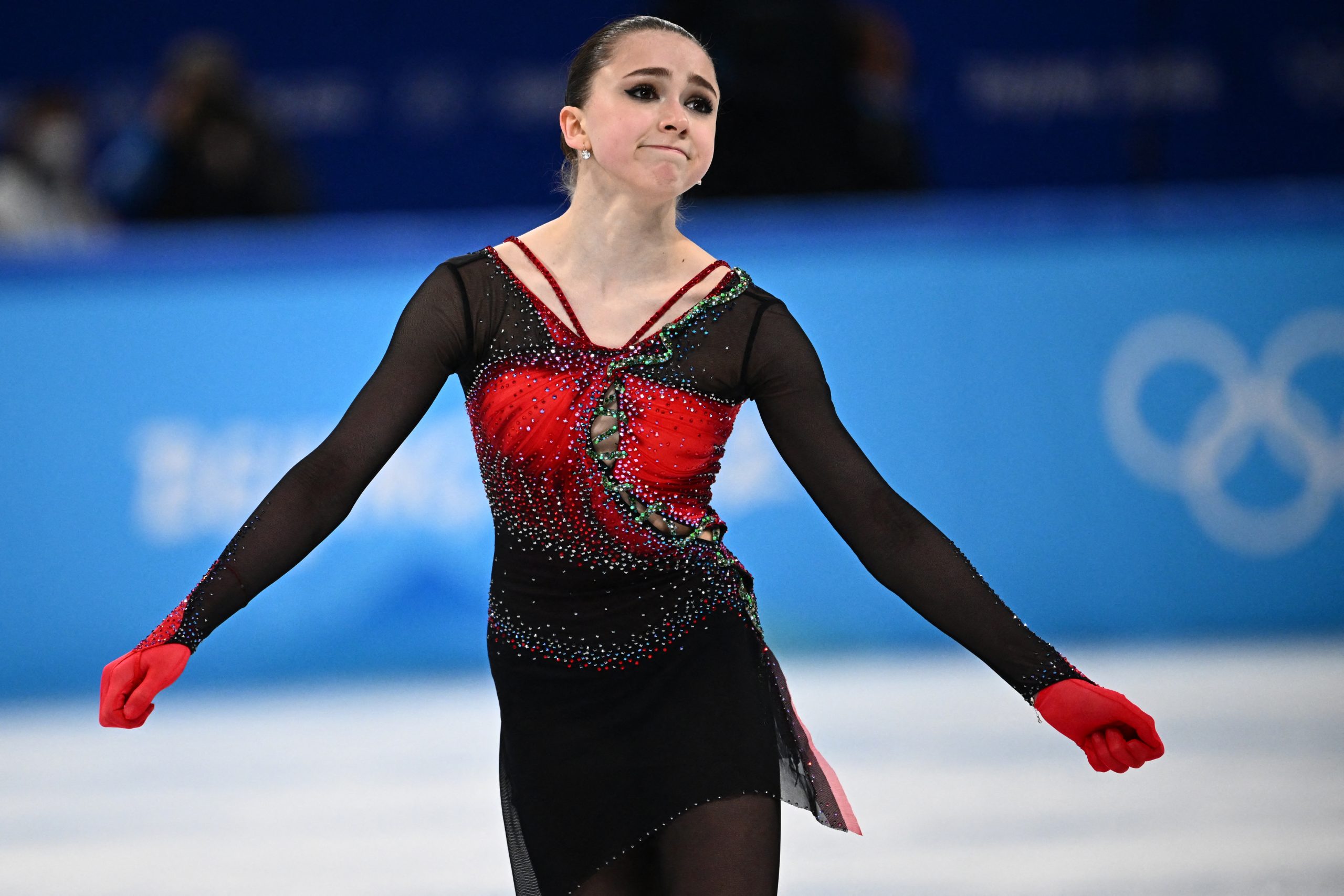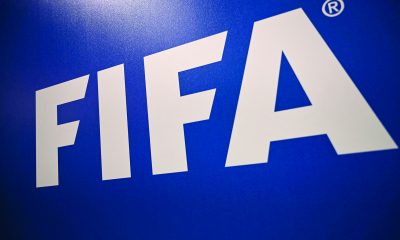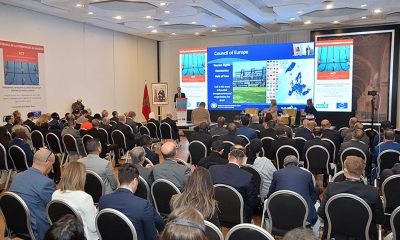
Russia has yet again found itself at the centre of another doping allegation during an Olympic Games, this time during the recent 2022 Olympic Winter Games held in Beijing, China concerning their 15-year-old figure skater Kamila Valieva.
The issue arose when Kamila tested positive for the banned substance trimetazidine following a sample drug test which she undertook on December 25, 2021 during the Russian Figure Skating Championships and the eventual late publication of her result six weeks later.
Trimetazidine is a heart medication that can potentially boost endurance by allowing athletes to perform at a lower heart rate for longer periods of time, giving an unfair advantage over fellow competitors.
The timing of the positive result could not have come at a worse time; Kamila had already helped Russia win the gold medal in the team skating event at the Olympic Winter Games and was making steady progress in the individual figure skating competition so much so that she was at the time being considered as the favourite to take home the coveted gold medal.
Following the publication of the positive result on February 8, Kamila was provisionally suspended by the Russian Anti-Doping Agency (Rusada) with immediate effect.
Whilst a provisional suspension would usually prohibit any athlete from training, competing, coaching or practicing in any sporting activity, Kamila was successful in lifting her provisional suspension following an appeal which she lodged with the Rusada Disciplinary Anti-Doping Committee on February 9.
This promoted the International Olympic Committee (IOC), the World Anti-Doping Agency (WADA), and the International Skating Union (ISU) to simultaneously lodge an appeal to the Court of Arbitration for Sport (CAS) in relation to the RUSADA decision to determine the narrow issue as to whether the provisional suspension should apply or not.
All three appeals were handled together and were referred to the same panel of arbitrators.
The Ad Hoc Division of the CAS decreed that no provisional suspension should be imposed on the athlete.
Such decision was formed on the basis of the very limited facts of the case and after consideration of the relevant legal issues as well as taking into consideration fundamental principles of fairness, proportionality, irreparable harm, and the relative balance of interests between the applicants and the athlete herself.
First and foremost, in the eyes of CAS, Kamila is a “Protected Person” under the
provisions of the World Anti-Doping Code (WADC) which essentially means that owing to Kamila’s tender age, she is thought to bear less personal responsibility for doping transgressions.
Furthermore, in the opinion of the CAS arbitrators, the WADC gives no clear guidance for suspending protected persons.
Another major factor that led the CAS to overrule the provisional suspension was due to the six-week gap from when the sample was collected to when the positive result was published which “impinged upon the athlete’s ability to establish certain legal requirements for her benefit, while such late notification was not her fault, in the middle of the Olympic Winter Games Beijing 2022.”
Taking note that Kamila did not test positive during the Games itself and the fact that she was still subject to a disciplinary procedure on the merits of the positive test, the arbitrators deemed that Kamila would suffer “irreparable harm” if she were to be excluded from the ongoing Olympic Winter Games.
Such a ruling undoubtedly prompted a torrent of righteous outrage, both from within the figure skating community as well as from those outside such community.
At the forefront was the argument that fellow figure skating athletes too would be irreparably harmed by being made to compete against a skater who was found to have tested positive for a banned substance giving her the possibility of having an unnatural advantage over her competitors during the competition.
In the end, Kamila ended up placing fourth in the individual figure skating event after falling twice in the final, a result which meant that both herself and the IOC avoided further uproar surrounding her case of being allowed to continue competing, more so should she have found herself on the winners podium.
It must be pointed out that the CAS ruling only applied to the question of Kamila’s immediate eligibility to continue skating at the 2022 Olympic Winter Games and not on the broader question as to whether or not Kamila violated the WADC.
Kamila also has the possibility of having her B-sample analysed to see whether it differs from the test results of her A-sample.
Thus, in all probability further legal arguments and court cases will come about over the next couple of months.

World Cup News
-
FIFA World Cup
/ 1 day agoSaudi oil giant Aramco agrees major FIFA sponsorship deal
Saudi Arabia’s state oil giant Aramco and world football governing body FIFA on Thursday...
By AFP -
FIFA World Cup
/ 1 month agoSon scores but Thailand hold South Korea in World Cup qualifier
Son Heung-min scored but South Korea were held 1-1 at home by Thailand in...
By AFP -
FIFA World Cup
/ 2 months agoJapan-N. Korea World Cup game to stay in Pyongyang, JFA says
Japan’s World Cup qualifier against North Korea will be played in Pyongyang as planned...
By AFP -
FIFA World Cup
/ 2 months agoGerman ex-FA bosses on trial over World Cup tax evasion
Three German ex-top football officials went on trial on Monday in a 13.7-million-euro ($14.8...
By AFP

English Premier League
Liverpool Premier League title hopes suffer blow, Sheffield United relegated

English Premier League
Spurs will be on the attack against Arsenal: Postecoglou

English Premier League
Emery tells Villa to seize ‘amazing’ top four chance

English Premier League
Pochettino says ‘we all need to prove we belong’ at Chelsea

Winter Olympics
Watch: Geisenberger wins sixth Olympic medal to tie luge record


































